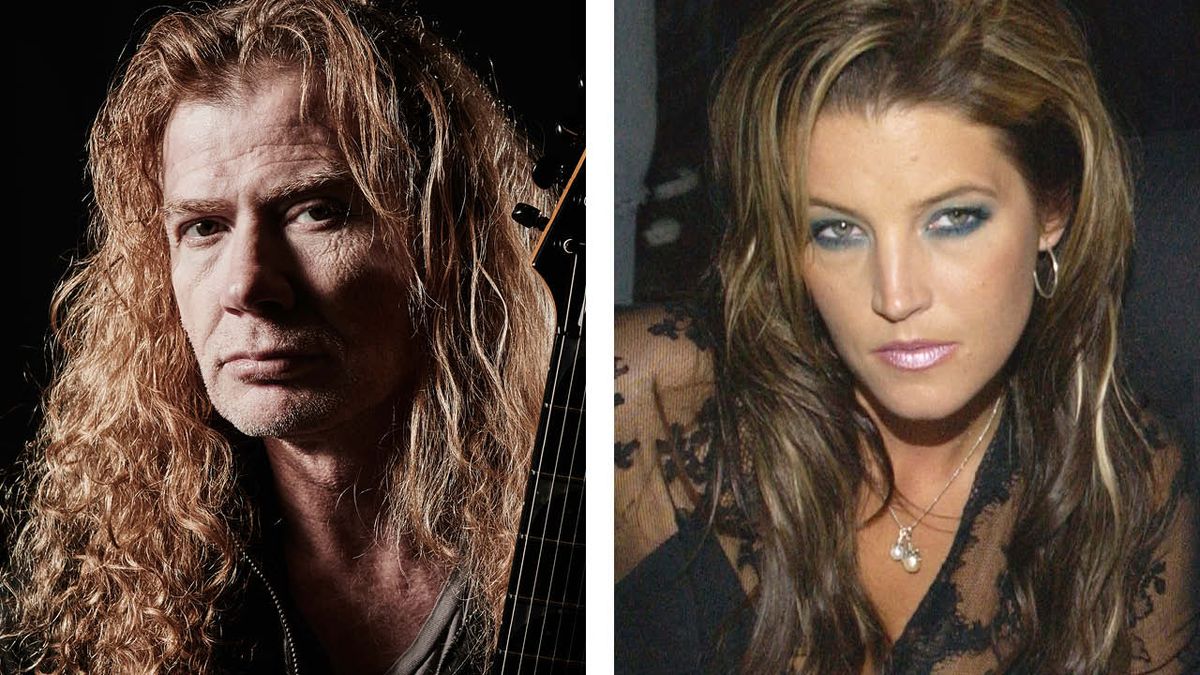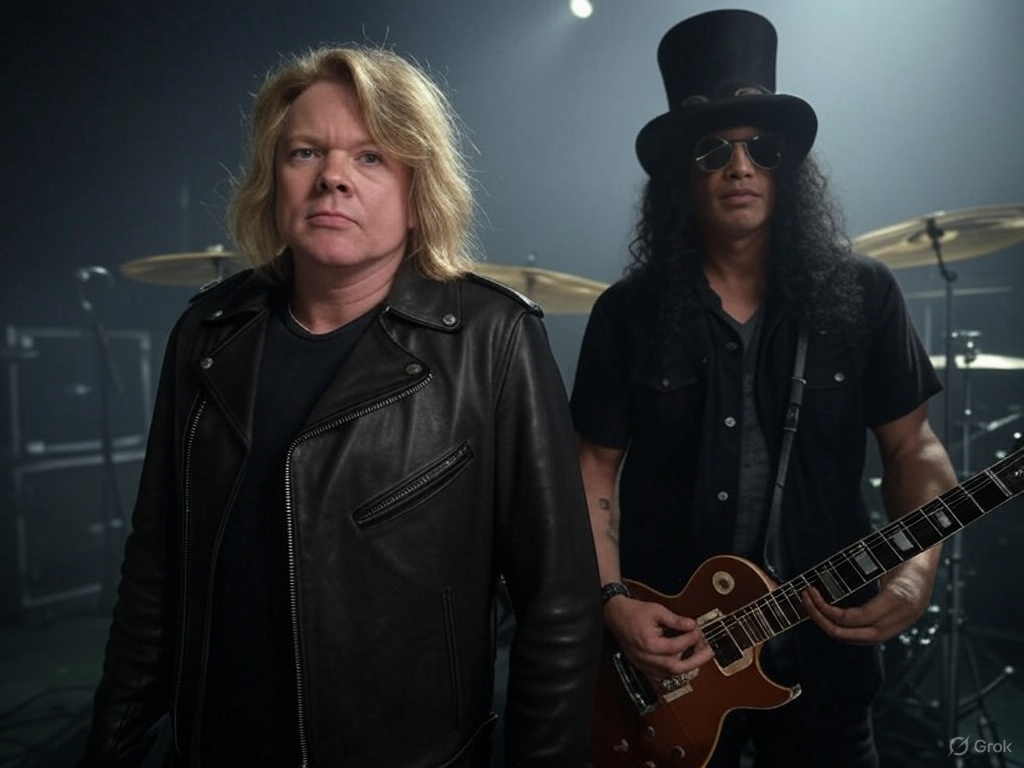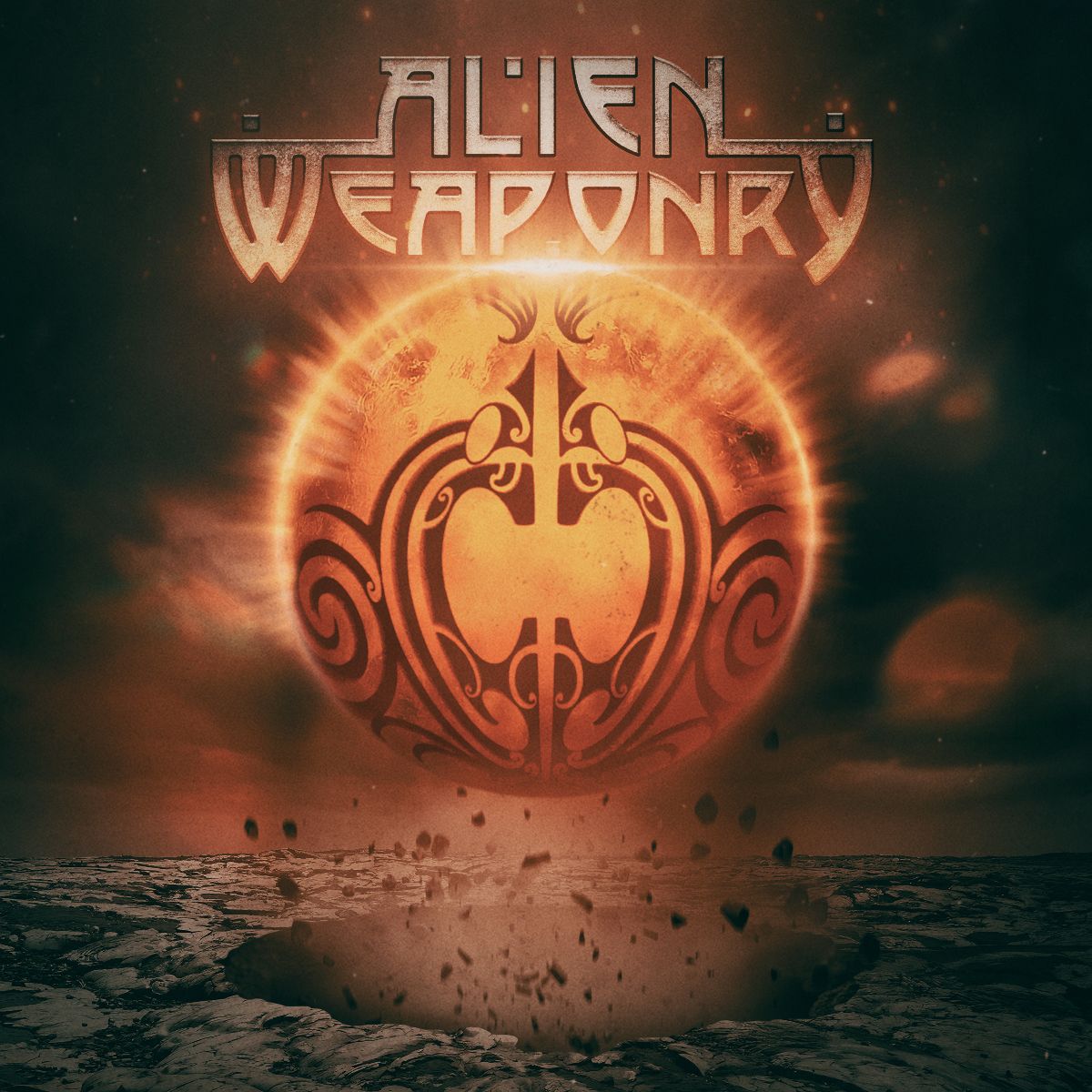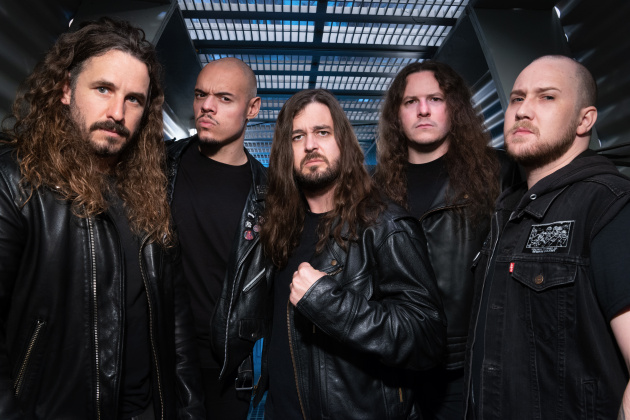
It was inevitable that ex-In Flames members would reach a number that allowed the possibility of starting their own band: enter The Halo Effect. It almost feels like a script: a legendary band gradually dissociates from their roots as several great musicians come and go. Five of these musicians, connected by shared clout within the Gothenburg scene, decide to make the best of the post-pandemic fallout and record a celebration of melodic death metal. To that effect, Days of the Lost works splendidly as a bastion of the key tenets of Swedish goodness. The Halo Effect presents a solid take on their country’s most potent export of metal. While not exactly a return to the style’s savage origins, this thing comes packed with motifs worthy of this band’s melodeath pedigree.
Advertisement. Scroll to continue reading.
The Gothenburg variant of melodic death metal often rides the line between accessibility and aggressiveness, and The Halo Effect exemplifies this balance with opening duo “Shadowminds” and “Days Of The Lost.” It’s not hard to imagine the former’s straightforward beats and modulations as a mid-tempo rock song, but it has no clean vocals, and plenty of harmonious leads and riffs from Niclas Engelin and Jesper Strömblad. When the latter picks up the tempo with NWOBHM-style leads and Daniel Svensson’s double kick drumming, the collective evidences their desire to mine heavy heavy music for its ear-worm hooks instead of abject intensity.
The three-over-four structure of “The Needless End” immediately encapsulates the Gothenburg sound’s unmistakable thrash of the Gothenburg sound, allowing the band to seamlessly flow from triumphant galloping to jackhammer speed. It’s another tremendous instance of agile fretwork servicing undeniable catchiness, as as the guttural vocals serve more for extra “umph.” Still, The Halo Effect can still hit plenty hard when need be, like the half-time rhythm break and ascending fretwork that punctuates the battle charge onslaught of “Feel What I Believe.” It harks back to a day when tempo changes feel like the natural progression of an idea, played by folks that were there from the beginning of the scene.
The guitar work remains remarkably consistent, as Engelin and Strömblad follow Svensson through several switch-ups on “Conditional.” The track’s central riff ebbs and flows with distinct passages of speed and anthem, never marinating too long in its four-minute run. When The Halo Effect does merenate, it’s in the gothic cadence that starts “Gateways.” Interspersed with synth drones, the song’s eerie moodiness and dancing guitar leads crescendo to a cathartic guitar solo. The song’s less chaotic energy allows Peter Iwers’ bass tone to shine through more prominently, as do the rest of the band’s attention to detail and dynamics.
Clean vocals do eventually manifest on “In Broken Trust” and “A Truth Worth Lying For,” but not in the way most would expect. Vocalist Mikael Stanne adopts a sombre, lower register in his voice, more similar to Ryan Clark of Demon Hunter than other sing-screamy melodeath bands like Into Eternity. It helps The Halo Effect achieve more depth in their melodic choruses, in contrast to the explosive, keyboard-infused groove of “Trust” or the down-tempo double-kick trudges of “Truth.” It’s closer to the more radio-friendly leaning of In Flames, but not too close.
Advertisement. Scroll to continue reading.
“Last Of Our Kind” introduces its central melody with cellos and violins incredibly naturally. It also turns out to be one of the most empowering tracks on the album. The passionate guitar leads, beastial snarls and propulsive percussion sum up everything that made melodic death metal such a massive movement in the first place. There’s even a nice crossover into Killswitch-style metalcore, as the guitarists shred over a gnarly half-time groove. Similarly, The Halo Effect saves its most indulgent guitar solo for closer “The Most Alone” helping end the album with a bit more spectacle.
Days of the Lost doesn’t play like a supergroup fighting for attention. The Halo Effect set out to write good songs that reflect their understanding and love for the music that put their city on the map. There’s a good reason In Flames has recently gone back to their roots. Melodic death metal just hits a different spot when played well… and these guys play it well.
























